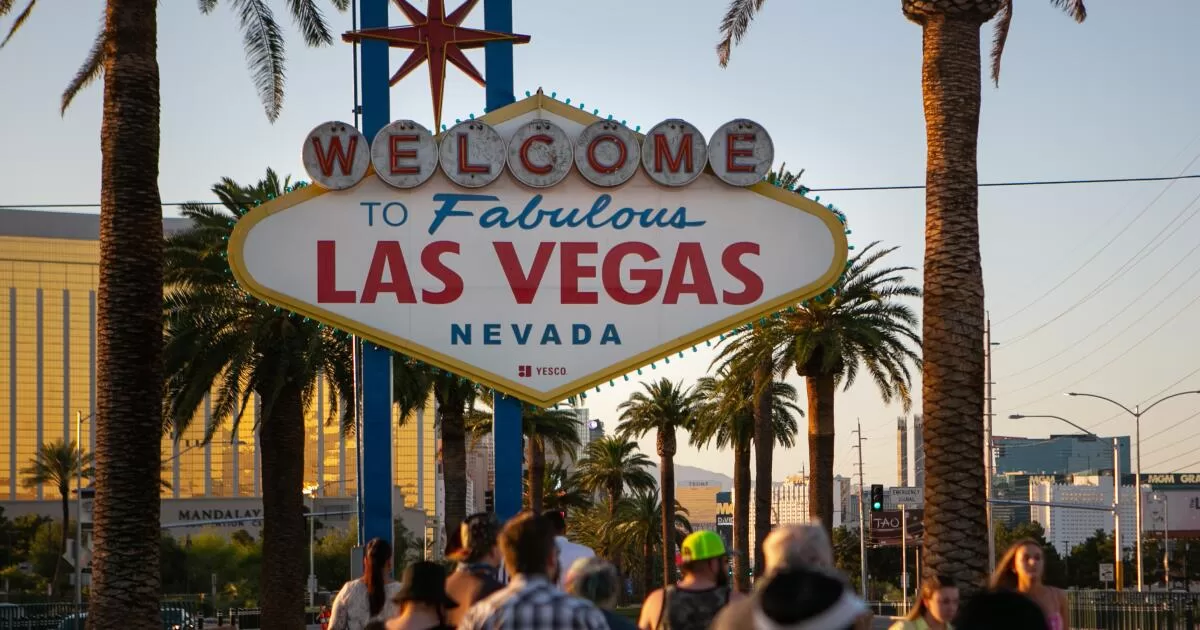The dueling contests
Nevada will hold its Republican presidential primary on Tuesday. Two days later, the state GOP will hold caucuses.
The Silver State has historically held caucuses, but after the 2020 Iowa debacle, its Legislature voted to hold a presidential primary in 2024. The state’s Republican Party sued in an attempt to overturn the change. Though the lawsuit was unsuccessful, the Nevada GOP was allowed to hold its own caucuses. The state party said that any candidate who took part in the Nevada primary could not participate in its caucuses.
What’s the difference between a primary and a caucus?
In a primary, voters typically cast ballots over multiple hours, days or weeks, either in person, through early-voting centers or drop boxes, or by mail. In Nevada, voters were all mailed ballots. Early voting ended Friday; voters can cast ballots in person Tuesday.
In the caucuses, voters assemble in person at an appointed time on one day, leading some to argue that such a process disenfranchises people who can’t attend such a gathering. The Nevada GOP is holding its in-person caucus at precincts around the state on Thursday from 5 to 7:30 p.m.
Republican voters may participate in both the primary and the caucuses. (The Democratic primary is also on Tuesday. With the party’s incumbent president on the ballot, the result is widely seen as a forgone conclusion. Still, President Biden was planning to campaign in Nevada on Sunday, a sign of the state’s importance in the general election.)
Does this change have anything to do with the Trump campaign?
Seeking to avoid the haphazard nature of Donald Trump’s 2016 presidential campaign, his current advisors made strategic, surgical efforts to shape GOP rules in states around the nation before this year’s primary season to make it easier for him to quickly wrap up the party nomination.
State Republican parties in Nevada, California and Michigan are among those that altered their delegate-allocation rules in advance of the 2024 primaries in ways that benefit the former president, though officials with the state parties maintained that the rules modifications were not designed to benefit any candidate.
So do Nevadans’ votes even matter?
Though Republican voters can take part in both the primary and the caucuses, the state GOP has maintained that any candidate on the primary ballot can’t participate in its caucuses. The state’s 26 delegates will be awarded through the caucuses, and the winner will be Trump.
His only competition in Nevada’s caucuses is a long shot: Texas businessman and Pastor Ryan Binkley.
Nikki Haley is the sole Republican candidate still in the race who’s competing in Nevada’s primary. (Former Vice President Mike Pence and South Carolina Sen. Tim Scott, who have suspended their presidential bids, will also appear on the ballot, as will an option for “None of These Candidates.”)
For her expected primary victory, Haley may draw some headlines.
But she opted not to compete in the Nevada caucuses, and didn’t mention the state in her election-night speech in New Hampshire, prompting Trump to declare shortly after she spoke: “I’m pleased to announce we just won Nevada.”
